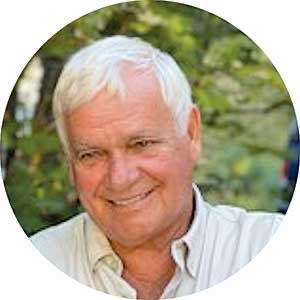I have had the sad experience this past summer of too many friends dying. At a wake, the question arose about dying without a will. While much has been written about this subject, I thought I might summarize some of the points for your consideration. My research was done with the help of the Public Legal Information Association of NL (PLIAN), author Sandra Foster, and a legal friend or two.
The bottom line is that many Canadians do not have a legal will because too many people think in terms of “if” rather than “when.” Remember that old saying that you are not going to get out of this world alive?
Someone who dies without a legal will is considered to have died intestate—without a last will and testament. Your provincial government has statutory rules that lay out who gets what and other rules for those who die without a will. Ms Foster suggests, “Some people assume that their assets will go to the government if they die without a will. That is not true. The government is the beneficiary of last resort and is sometimes called the ultimate heir. Assets will go to the government if you die without a will and have no living relatives, a process called escheat.”
PLIAN points out in their information package that when a person dies without a will, their estate will be distributed according to the Intestate Succession Act. They emphasize as well that intestate succession may not be what a person had wanted, so it is important for people to consider making a will if their wishes do not align with the Intestate Succession Act.
“The Intestate Succession Act lists how a person’s estate will be distributed when they die without a will based on their family members. For example, if a married intestate person had one child, their spouse and child will have an equal 50/50 interest in the intestate person’s estate. However, if the intestate person had 2 or more children, their spouse will only have a one third interest in the estate. The other two thirds will be equally shared among the children, regardless of how many children there are.
If a person had no married spouse, nor any children, but their parents are still alive, then the intestate person’s parents will have an equal 50/50 interest in the intestate person’s estate. If there is only one surviving parent, then the surviving parent will have interest in the entire estate. The Intestate Succession Act also considers other situations where a person has no married spouse, children, or living parents. In these situations the intestate person’s brothers and sisters will receive an equal interest in the estate. If they had siblings who predeceased them, and have no living married spouse, children, parents, or siblings, then their nephew(s) and niece(s) will have an equal interest in the estate.”
Finally, having no will means there is no bequest for your favourite ministry within the church. Furthermore, it points just how important it is for all of us to have a valid will which will avoid much untold misery to your family after you pass.


